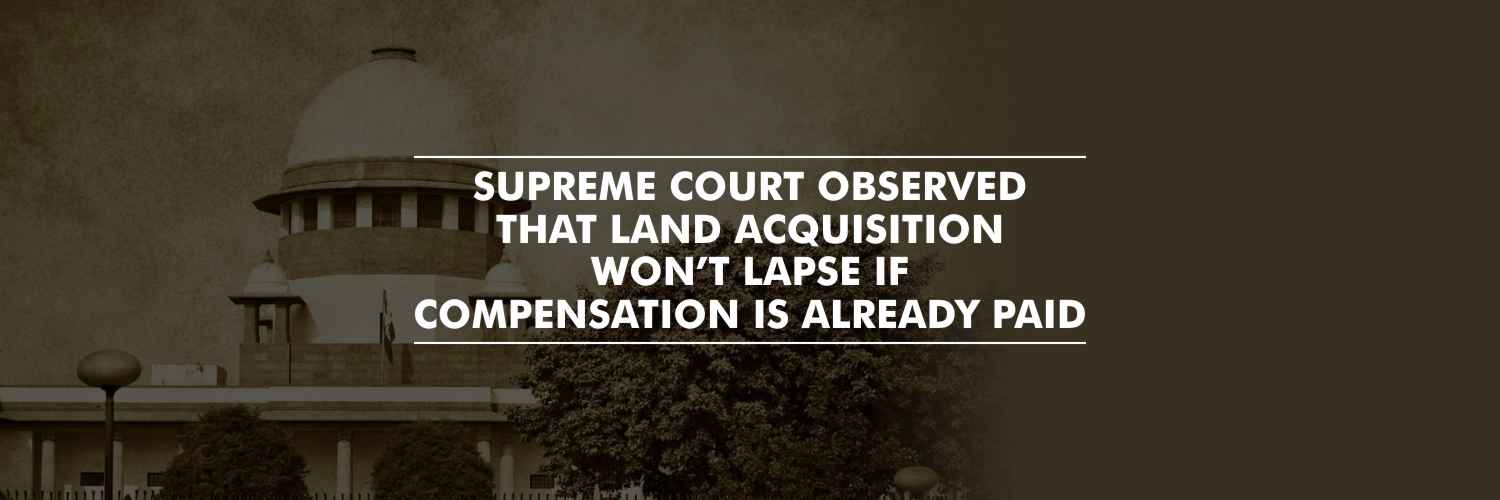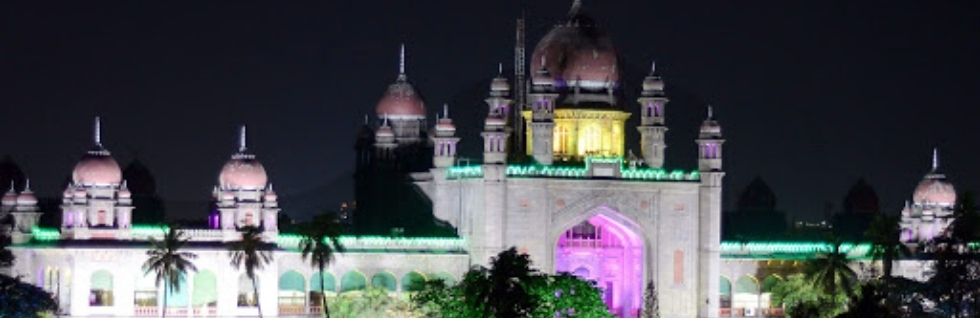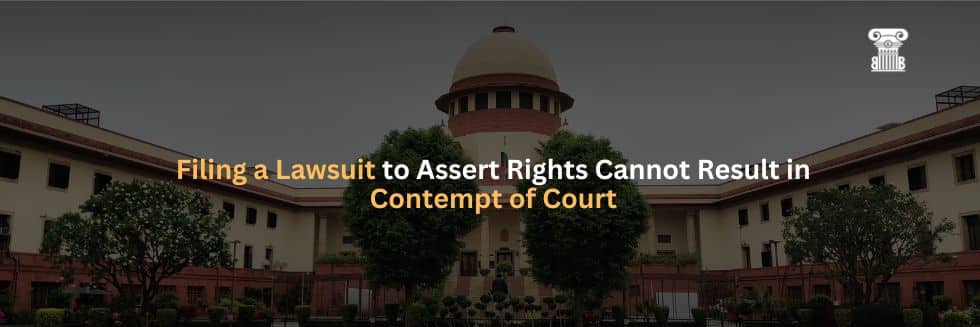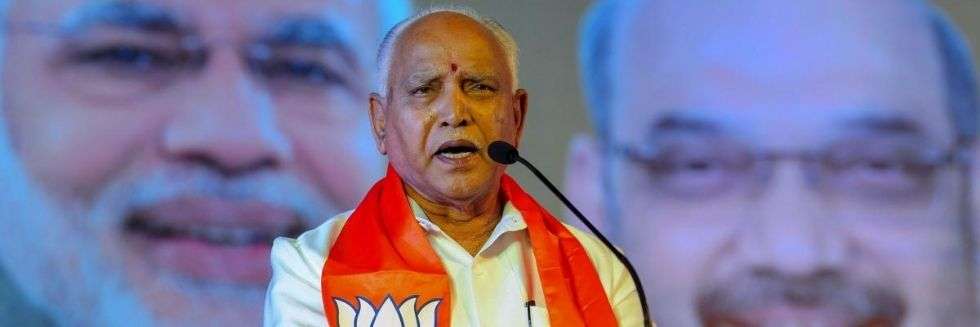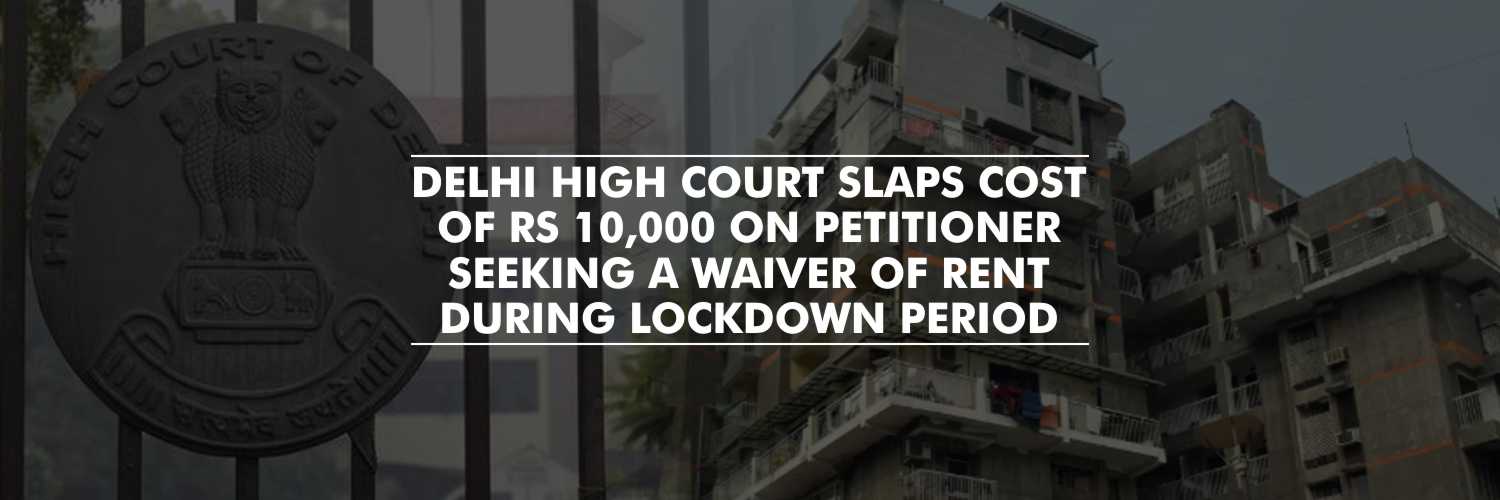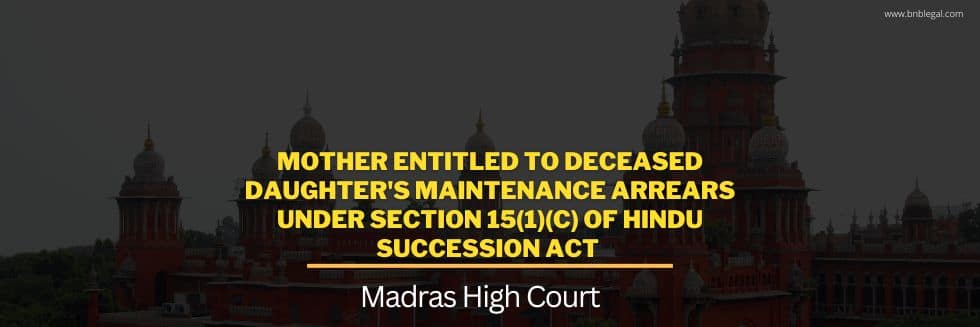The Supreme Court has today ruled that landowners who refuse to accept compensation for land belonging to them that was acquired, cannot subsequently seek cancellation of such acquisition. The court further stated that land acquisition proceedings would not lapse as long as the government had tendered the compensation.
The five-judge bench comprising of Justices Arun Mishra, Indira Banerjee, Vineet Saran, M R Shah, and Ravindra Bhat has clarified that the acquisition will be deemed to have lapsed only when government authorities fail to take possession and pay compensation. The bench further held that land owners who refuse to accept the compensation, cannot press for cancellation of acquisition of the land.
“The spirit of the judgment was that the benefit should go to the landowners, agriculturists and not intermediaries,” stated Justice Arun Mishra.
The bench was hearing a case pertaining to the interpretation of Section 24(2) of the Right to Fair Compensation and Transparency in Land Acquisition, Rehabilitation and Resettlement Act, 2013. As per the provisions, if the land is acquired and the compensation of the land is not paid within five years, the acquisition process would lapse.
The issue before the court was regarding a two contradictory judgments of whether a land acquired by the government would lapse if it fails to deposit the compensation within a span of five years in the bank account of the landowners. Further, the court referred to a three-judge bench decision in Pune Municipal Corporation vs. Harakchand Misirmal Solanki, 2014 which held that if the compensation is not deposited in the bank accounts of the land owners, it means they have not received the payment.
However, in a contradictory judgment, another three-judge bench in the February 2018 case of Indore Development Authority held that if the landowner himself refuses to accept compensation from the government, he cannot claim that five years had lapsed and acquisition became invalid.
Subsequently, the then Chief Justice of India Dipak Misra had set up a Constitution Bench to decide if the second case could have invalidated the decision of the 2014 bench. Thus, the five-judge constitution bench started hearing the case at length on 15 October 2019.
